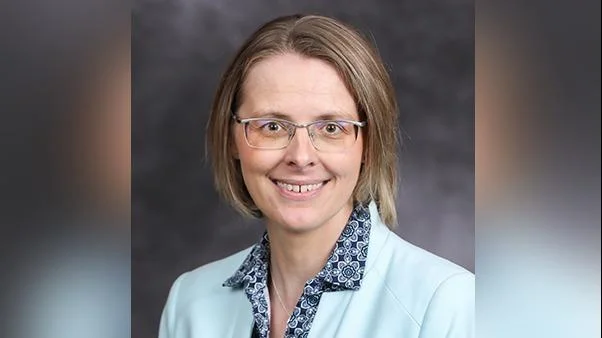Amy Whitney Director | University of North Dakota
Amy Whitney Director | University of North Dakota
The University of North Dakota (UND) is spearheading a research initiative to develop an AI-powered system aimed at improving operations in the Arctic. This effort, supported by a contract from the US Army Corps of Engineers Research and Development Center, will see the deployment of a Kubernetes cluster named after the Ancient Greek term for "helmsman." This cluster will power the Arctic Knowledge-Based System (A-KBS), which is designed to enhance decision-making in cold weather environments through real-time data analytics and long-term forecasting.
Professor Timothy Pasch, Principal Investigator and Director of the UND ARCTIC Lab, emphasized the importance of supercomputing capabilities in addressing challenges in the Arctic. "Challenges in the Arctic require supercomputing-level support for advanced situational awareness, real-time monitoring, and predictive analytics," he said. He highlighted that leveraging AI-driven modeling and Earth-scale data science is crucial for maintaining stability and resilience as the Arctic becomes increasingly significant on a global scale.
Dr. Naima Kaabouch, Co-leader of the project and Director of UND's AI Research Center, along with Aaron Bergstrom from UND’s Computational Research Center, are integral to managing this high-performance computing initiative. The A-KBS aims to process vast amounts of data such as satellite imagery and LiDAR scans to feed into AI-driven decision support tools.
Matt Jones from the National Center for Ecological Analysis and Synthesis (NCEAS) collaborates with Ian Nesbitt on developing a Science Gateway. This gateway utilizes Globus Compute to transmit data securely to the San Diego Supercomputing Center for processing with their EXPANSE Supercomputer.
Aaron Bergstrom noted that this infrastructure allows geospatial forecasting extending several decades into the future. "These predictive analytics reduce costs and improve resilience in an extreme cold weather environment changing at extraordinary speed," he stated.
The project involves national collaboration with institutions like SUNY Stony Brook, where Dr. Dilip Gersappe works on sustainable materials to mitigate infrastructure damage due to extreme cold. Sherif Abdelaziz from Virginia Tech contributes by focusing on engineering resilient infrastructure suited for extreme cold temperatures.

 Alerts Sign-up
Alerts Sign-up